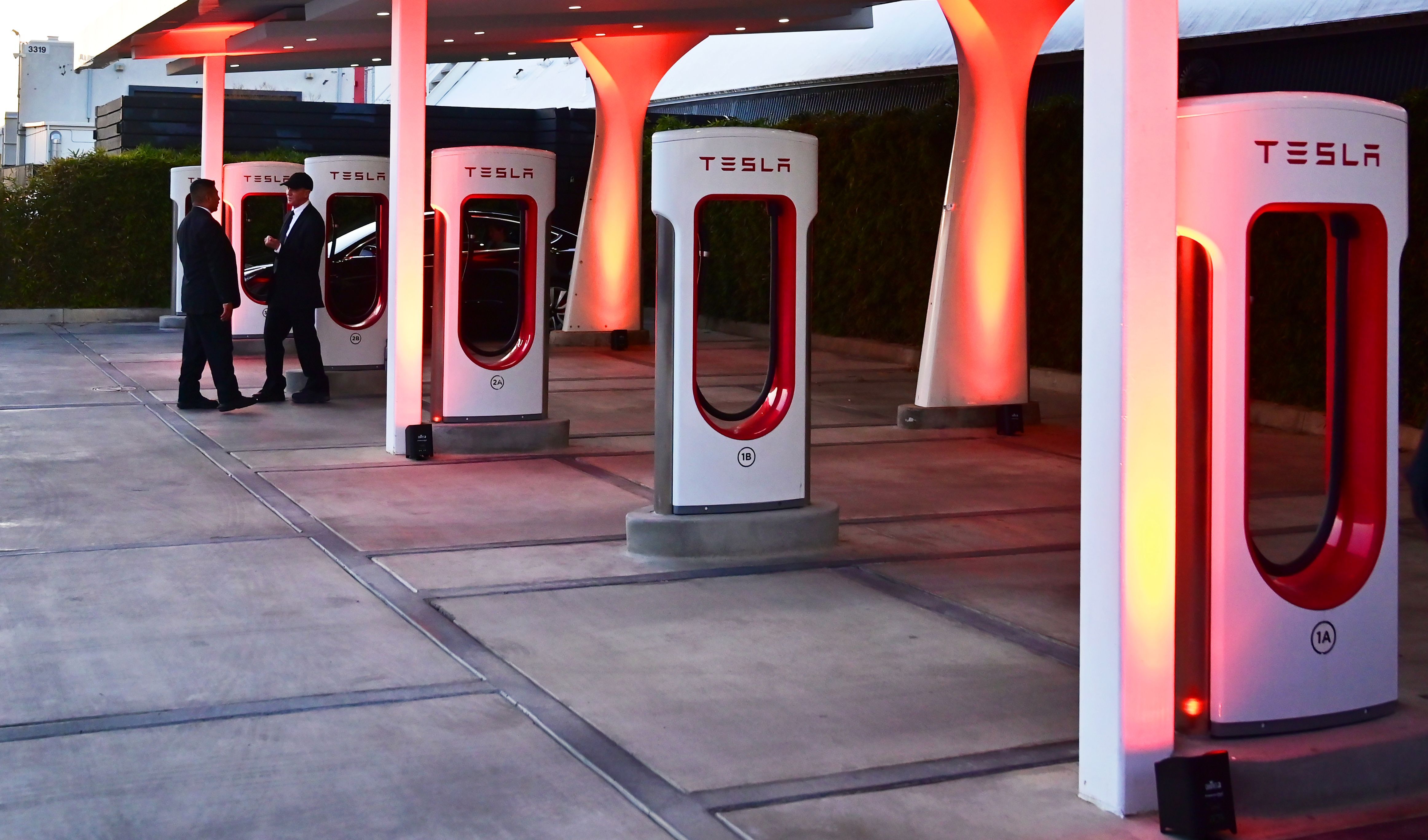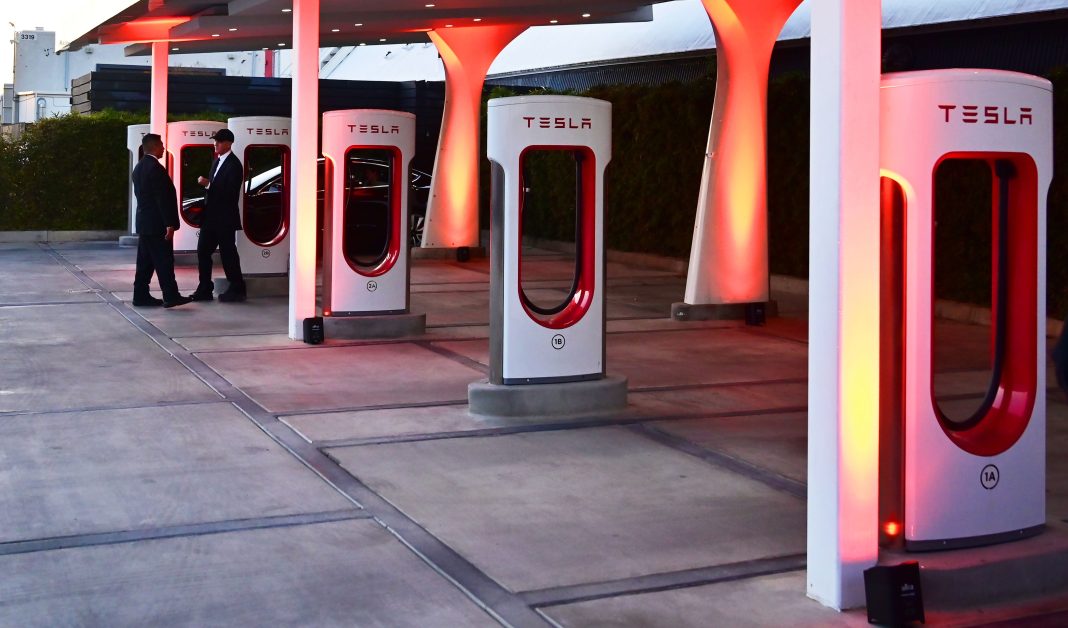 American consumer interest in buying electric vehicles (EVs) has decreased in the past year, primarily due to concerns about charging facilities and high purchase prices, according to a recent study by J.D. Power, an automotive data and analytics firm. The study found that 24 percent of surveyed shoppers said they were “very likely” to consider buying an EV, down from 26 percent the previous year. Additionally, those who said they were “overall likely” to purchase an EV declined from 61 percent to 58 percent.
American consumer interest in buying electric vehicles (EVs) has decreased in the past year, primarily due to concerns about charging facilities and high purchase prices, according to a recent study by J.D. Power, an automotive data and analytics firm. The study found that 24 percent of surveyed shoppers said they were “very likely” to consider buying an EV, down from 26 percent the previous year. Additionally, those who said they were “overall likely” to purchase an EV declined from 61 percent to 58 percent.
One of the main reasons for the decrease in interest is the lack of charging station availability, which was cited by 52 percent of shoppers who were “somewhat unlikely” or “very unlikely” to consider buying an EV. This concern has increased by three percentage points over the past year, making it the top concern among potential EV buyers. Other reasons for rejecting electric vehicles include high purchase prices, long charging times, limited driving distance per charge, and the inability to charge the vehicle at home or at work.
Interestingly, the study also found that the trend of drivers who drive more miles being more likely to consider buying an EV has reversed. This is likely due to falling fuel prices and rising anxiety about charging. Among consumers who commute 46-60 minutes a day each way, only 24 percent said they were “very likely” to consider purchasing an EV, a decrease of 13 percentage points from the previous year.
There is also a difference in EV preference based on whether consumers are buying their first car or an additional vehicle. Sixty-eight percent of consumers looking to add an extra vehicle to their household said they were “overall likely” to consider getting an EV. In contrast, only 47 percent of shoppers who plan to rely solely on the purchased vehicle for transportation held such a view. J.D. Power stated that without a second vehicle, shoppers tend to be more critical of the logistics related to EV ownership.
Stewart Stropp, executive director of EV intelligence at J.D. Power, highlighted the main roadblocks to getting consumers to consider buying an EV, including the shortage of affordable vehicles, charging concerns, and a lack of knowledge about EV incentives. He emphasized the importance of educating consumers about the EV proposition, including available incentives and how they work, in order to accelerate market growth.
Lower gas prices, high interest rates, elevated inflation rates, and limited growth in EV model availability have also contributed to the decrease in demand for electric vehicles. Many automakers have shifted their focus more toward hybrids and plug-in hybrids, deferring production and launch plans for EVs. This has made it difficult for shoppers to find EVs that meet their requirements.
The study’s findings come at a time when the Biden administration is pushing for the transition of America’s vehicle industry toward electrification. President Biden has outlined a plan to have 50 percent of all new vehicles sold in the United States by 2030 be fully electric or at least plug-in hybrids. The U.S. Environmental Protection Agency (EPA) has announced new pollution standards for passenger cars and trucks, aiming for 56 percent of new vehicle sales by 2032 to be electric and at least 13 percent to be plug-in hybrids or other partially electric cars. These standards are expected to reduce carbon emissions and provide significant net benefits to society.
However, former president Donald Trump has criticized the Biden administration’s EV transition plan, expressing concerns about the impact on U.S. auto jobs. He warned that the policies would result in job losses that would benefit foreign countries such as China and Mexico. President Trump has advocated for imposing tariffs on imported cars to protect the American auto sector.
In response to concerns about cheap imports from China, President Biden recently announced an increase in tariffs on Chinese EVs from 25 to 100 percent. The aim is to protect the American auto sector and address the distortion of markets caused by China’s export surges.
Despite the push for EVs, more than 5,000 American car dealerships are opposing President Biden’s EV mandate. They argue that the regulations would require an increase in sales of electric vehicles beyond consumer interest, citing concerns about affordability, charging infrastructure, performance in cold weather, and resale value. These dealerships view the EV mandate as unelected Washington bureaucrats dictating what kind of vehicles Americans can buy.
In conclusion, while there has been a decrease in consumer interest in buying electric vehicles, primarily due to concerns about charging facilities and high purchase prices, the Biden administration is still pushing for the transition to electric vehicles. Educating consumers about EV incentives and addressing their concerns, such as charging infrastructure and affordability, will be crucial in accelerating market growth. Additionally, the impact on American auto jobs and the need to protect the domestic auto sector are important considerations in the EV transition plan.


